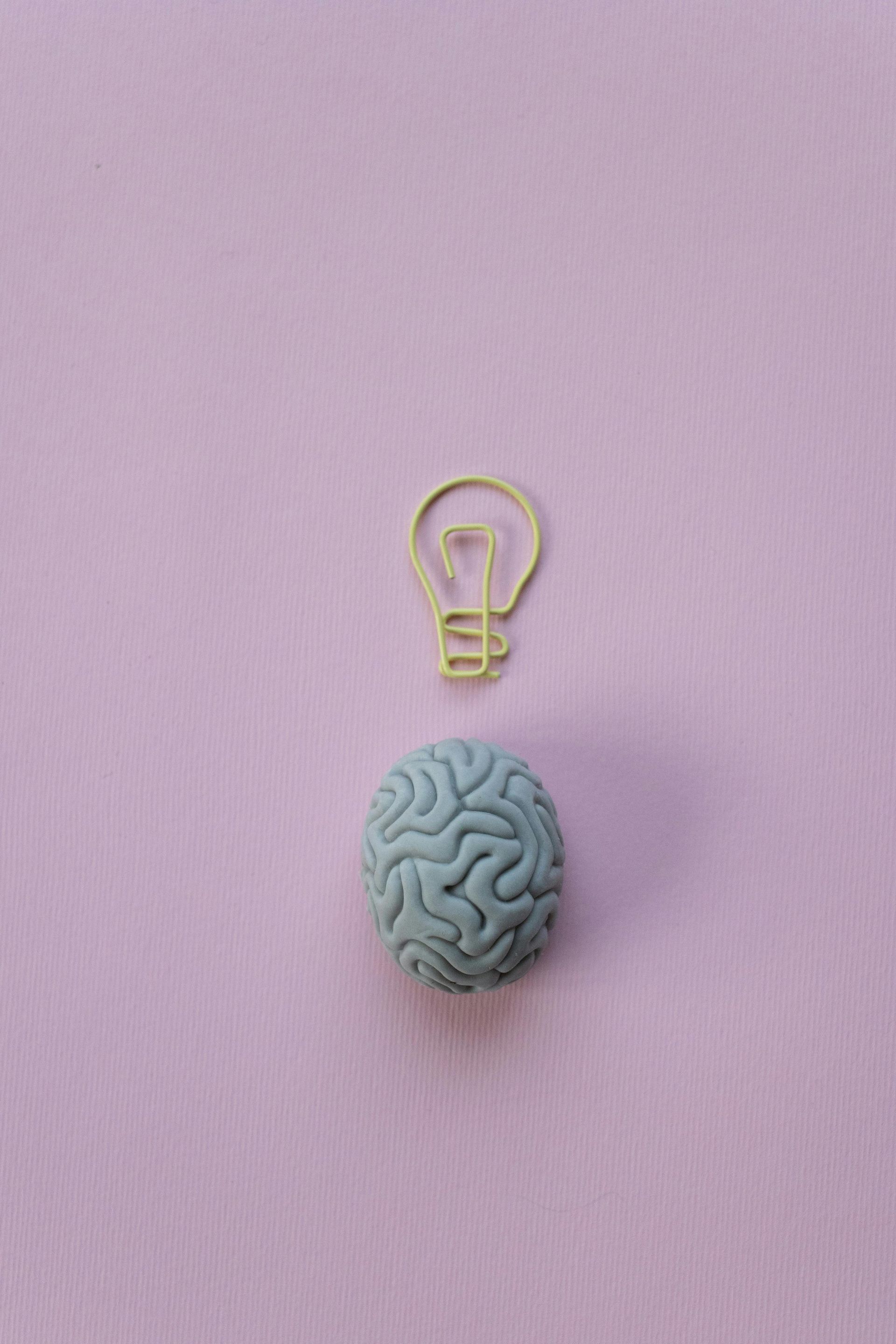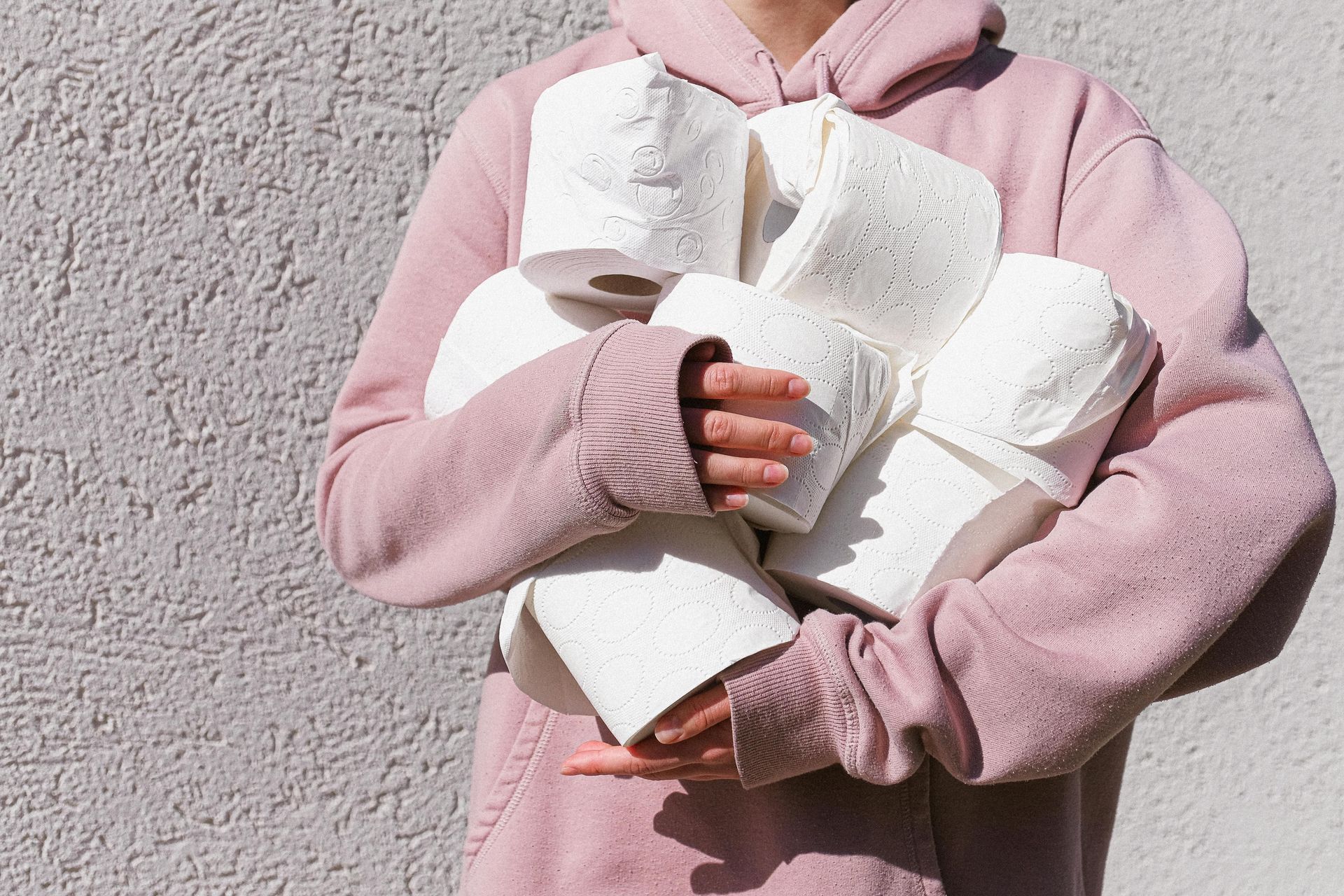Why "Bungalow Legs" sound funny, but they're really not
What are "Bungalow Legs"?
If you don't know this expression - it's what often happens to people when they stop regularly using stairs aka retiring to a bungalow! Because it's more than just not using stairs.
It reduces mobility, health and fitness. Because you might not realise it, but your legs LOVE stairs.
You know that I'm a big proponent of "use it or lose it" and these are all the things you can do better when you take the stairs:
Climbing stairs improves cardiovascular health
Yes, I am one of those sad individuals who hoofs it up the escalators at Waterloo station, reaching the top, somewhat out of breath, but also slightly smug.
We want to get our heart rate lifted for about 22 minutes every day. And every time you walk up stairs, you're ticking off some of those minutes.
Ready to test your cardio fitness? Check out this blog. As well as improving heart health, using the stairs also keeps blood vessels in your legs flexible which allows blood to move more easily.
The veins in your calf area are absolutely key to moving blood back to your heart. So having better blood flow in your legs equals a healthier heart, body and brain.
Climbing stairs improves leg strength
Leg strength is such an important factor in ageing well. It's not just about your ability to go up and down the stairs upright (as opposed to on your hands and knees).
It's also your ability to get up from the floor or from a chair which are enormous predictors of overall longevity.
Your butt and thigh muscles are the biggest muscles in your body. And we want them good and strong so we can protect ourselves from osteoporosis and super dull things like breaking a hip! [Sorry, I know that's a bit doom-laden, but you do not want to break a hip!]
Ready to test your sit-stand ability? Check out this blog
Climbing stairs improves hip mobility
Mobility is more than flexibility - it's also about muscle strength and our ability to coordinate.
When you sit all day, your hip flexors become weak because they're not doing their job. Your nervous system recognises that the joint's unstable due to weakness. So it sends the message "don't move this joint, it can't handle it!" which makes your hips feel stiff. Climbing stairs means your hip flexors have to lift your leg => get stronger => feel less stiff
Not only are your hip flexors feeling stiff because they're weak, they're also stiff because you only keep them in the same position all day. Climbing stairs means your hip flexors work through their full range of movement => feel less stiff.
Climbing stairs requires you to coordinate stepping one foot after the other which also improves your mobility.
And finally, don't forget hip mobility's role in your stress levels. Check out more here
Climbing stairs improves social confidence
There's some evidence that when people become scared of using stairs, they're more likely to reduce their social activities.
Things that go out of the window when you become anxious about going up and down stairs:
- Visiting friends who don't have a downstairs loo
- Going to bars and restaurants where the loos are often on a different floor to the dining area.
- Using public transport
- Going to see a show, because stairs at most cinemas, theatres and other venues are usually plentiful, steep and of course, dark for an additional challenge.
We need to be out terrorising the youngsters, not kept at home!
How can you get more stairs in your life?
Barge past people on the escalator (while shaking your head, because they're standing on the wrong bloody side!).
Avoid the lift.
Regularly forget why you've gone upstairs, come back down, remember, go back up, forget.....you know the drill.
What's your plan for more stairs?










